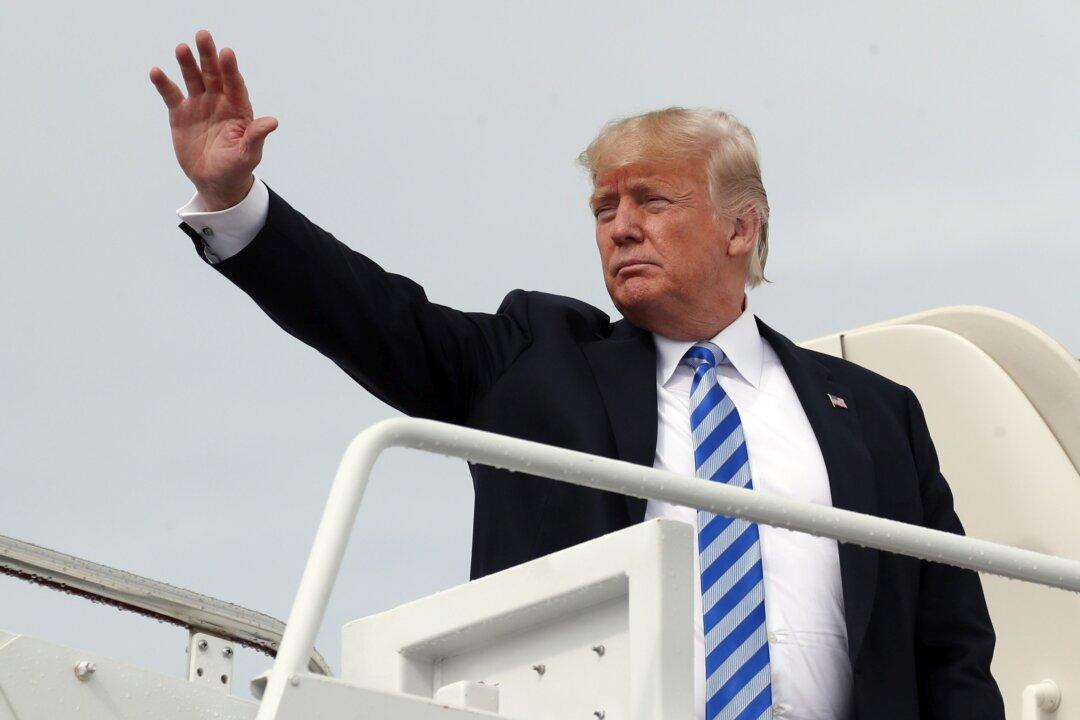Having just reached a trade agreement with Mexico, the Trump administration is putting trade negotiations with China on the back burner for now.
On Aug. 27, the United States signed a new trade deal with Mexico to replace the North American Free Trade Agreement, and negotiations with Canada are next, President Donald Trump said in a phone call with Mexican President Peña Nieto from the Oval Office.





